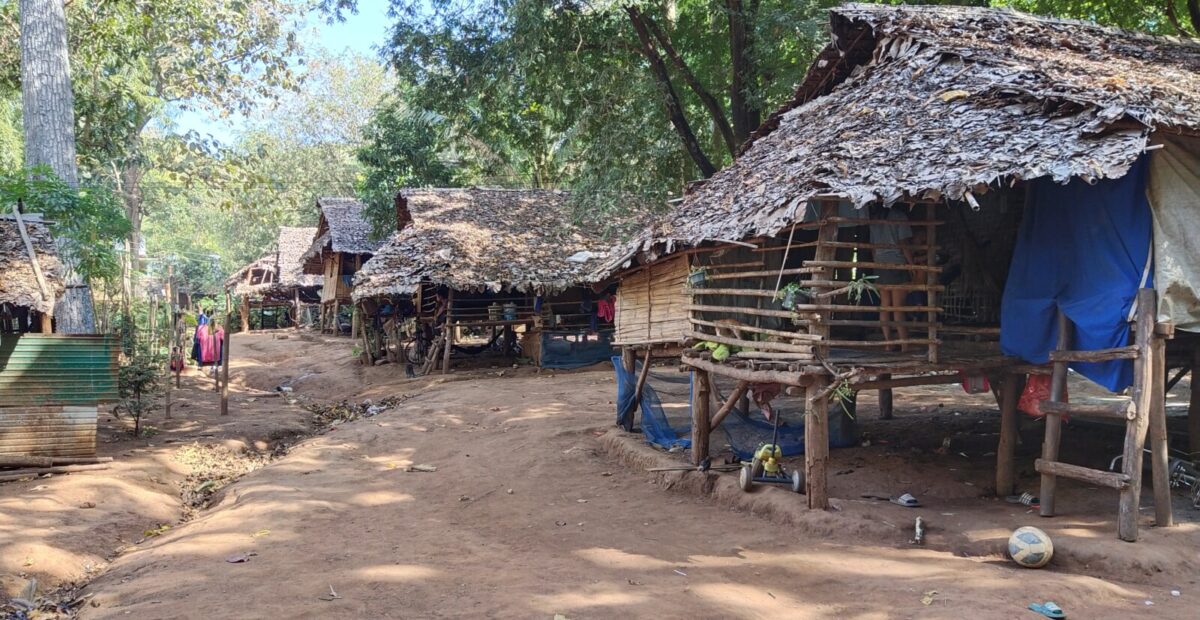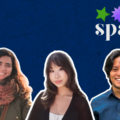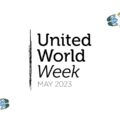
Workshop
‘Dare to Care’: Transforming Lives in the Heart of Thailand

‘Dare to Care’ is the slogan of a number of initiatives around the world that support and promote fraternity and dialogue. In Chiang Mai, Thailand, here is how that has played out.
Fraternity flies to Chiang Mai: an apt title for this story that reminds readers of the deepest identity of this city in northern Thailand. With its Buddhist temples, traditional markets, and breathtaking countryside, this city never stops; it is always ready for transformation, earning its name as the eternal ‘new city’.

From a social perspective, this tendency to never stop also gives rise to numerous initiatives for disadvantaged populations. Through New Humanity NGO, these initiatives respond to various needs, such as those of local populations born in the Thai jungle, who move to the city in search of a better future; and those of Burmese people fleeing the ongoing war in Myanmar. Communities in the area – who have been working for years to promote fraternity in the country – got involved, instigating a series of initiatives promoting solidarity that, together, comprise one distinct project: ‘Dare to Care’.
‘Here in Chiang Mai,’ they write, ‘we are helping the Phonsawan orphanage and the people of the Doi Saket, Fa Ham, and Sri Ping Muang districts, very poor areas on the outskirts of the city. In Chiang Rai – another city, north of Chiang Mai – we are helping students from schools in Mae Salong Nok, Ban Lo Patun, and Wiang Pa Pao’.

The specific actions associated with these macro-initiatives include, for example, providing food support for the students’ families, supplying clothing, building wells in villages for the indigenous peoples of the Thai jungle, and making road improvements to tackle isolation and promote a sense of community. This is really the starting point of the project, the overarching motivation behind all the initiatives: personal connections that create community and encourage actively giving aid to nearby countries, including Myanmar and Laos, where the populations are suffering from poverty and, in the case of the former, even a war.
‘We have to acknowledge that long-distance support on its own is often not enough to help young people who want to continue their education and gain a higher qualification or a degree. Some students need support teachers after school, a kind of tutor to facilitate learning. The majority of our students come from poor families and areas, where education is not always valued, which is why learning happens slower and why there is a need for trained people who can help students access the most difficult topics’.
Relationships and community ties, as we mentioned, are the guiding forces, because we are not talking about someone saving someone else here, but about a reciprocity that allows disadvantaged people to harness their talents and skills for social advancement and happiness – both personal and communal. ‘This is why we feel the need to supplement the young people’s education with weekends where they can practise using English and we can educate them about ethics and how to foster healthy interpersonal relationships – an education in fraternity and peace as a way of life, which also includes caring for the environment’.

Among the roughly 300 students being supported, some would like to pursue university study, even if their families do not have the financial resources. This is why New Humanity NGO is trying to help, with support in covering the costs of enrolment, books and supplies, meals, and the school uniforms required by Thai universities.
It is a fraternity that feels concrete, that impacts not only the students, but also their families as indirect recipients, making for a pool of around 1,500 impacted people.
‘We also have to acknowledge that not all the students go on to have success in their lives: there are many variables. However, giving them the opportunity to experience trust and human warmth, and to be valued, is something positive for these students that remains a bright spot in their lives’.
Article translated into English by Becca Webley






